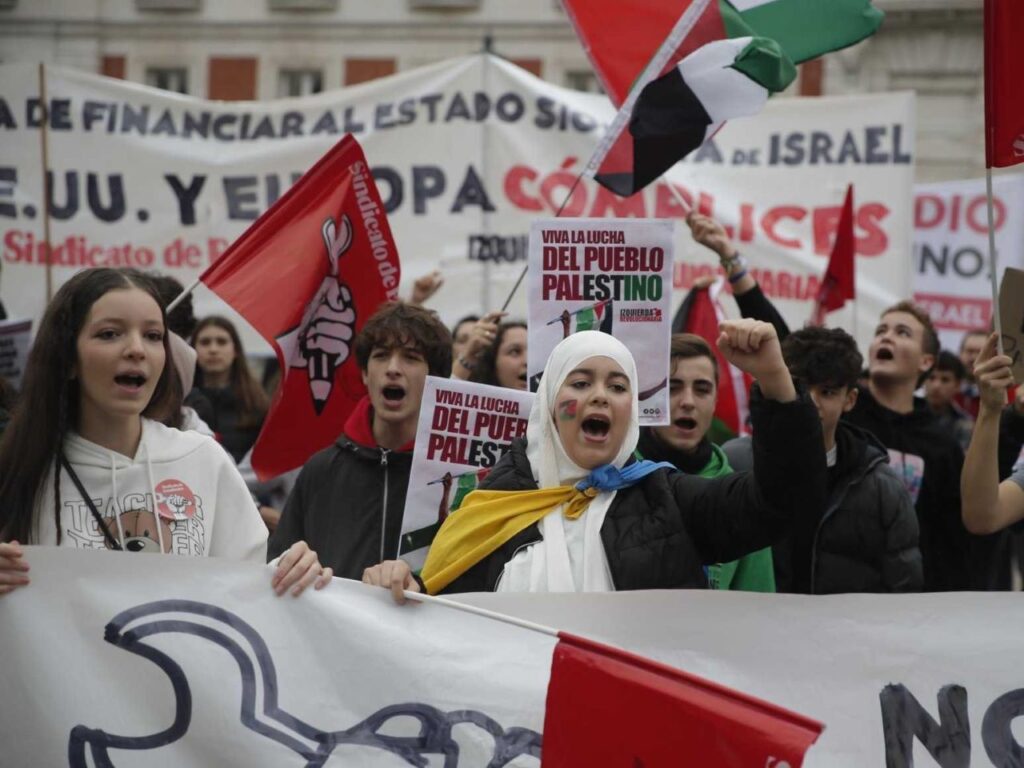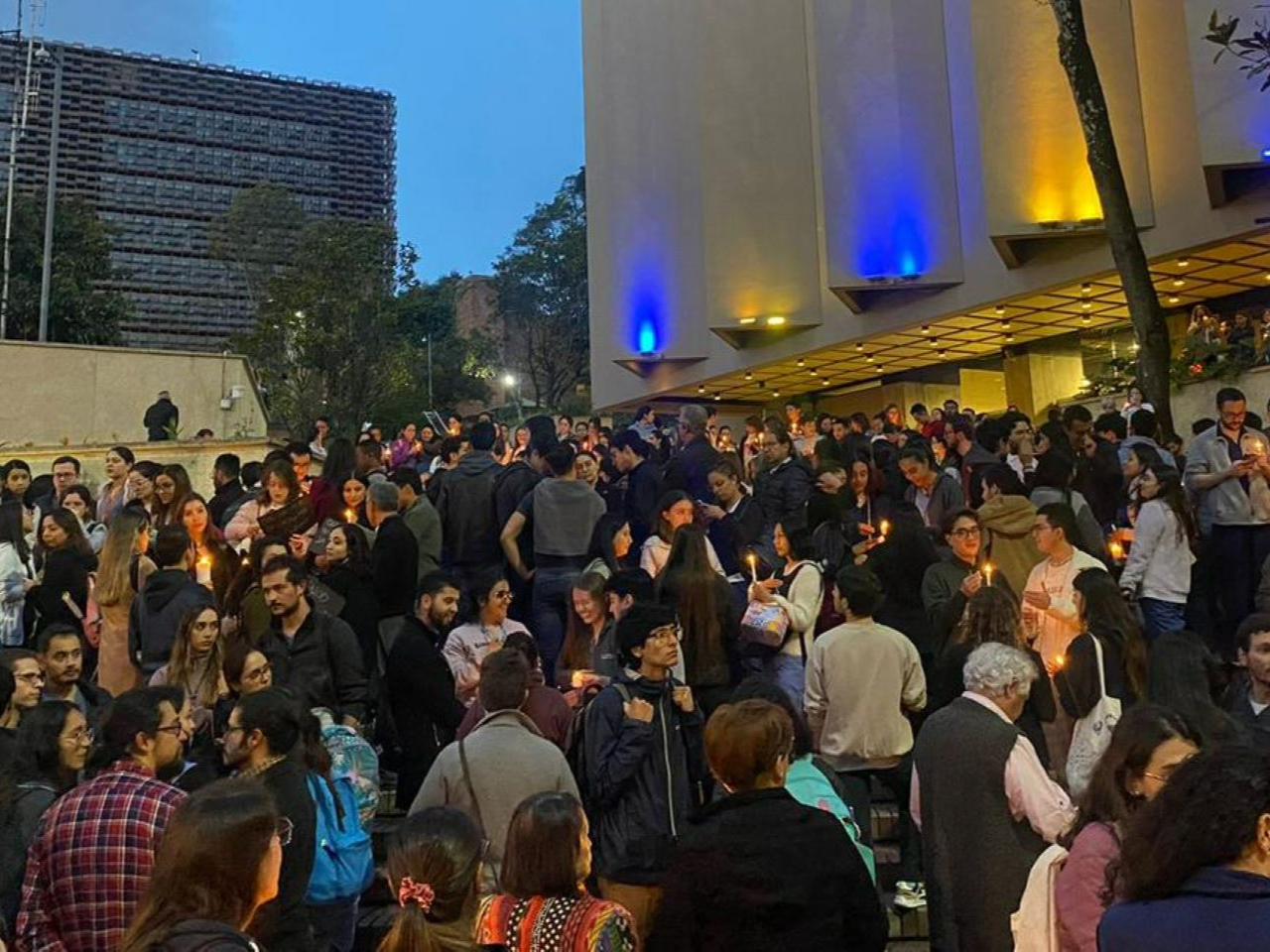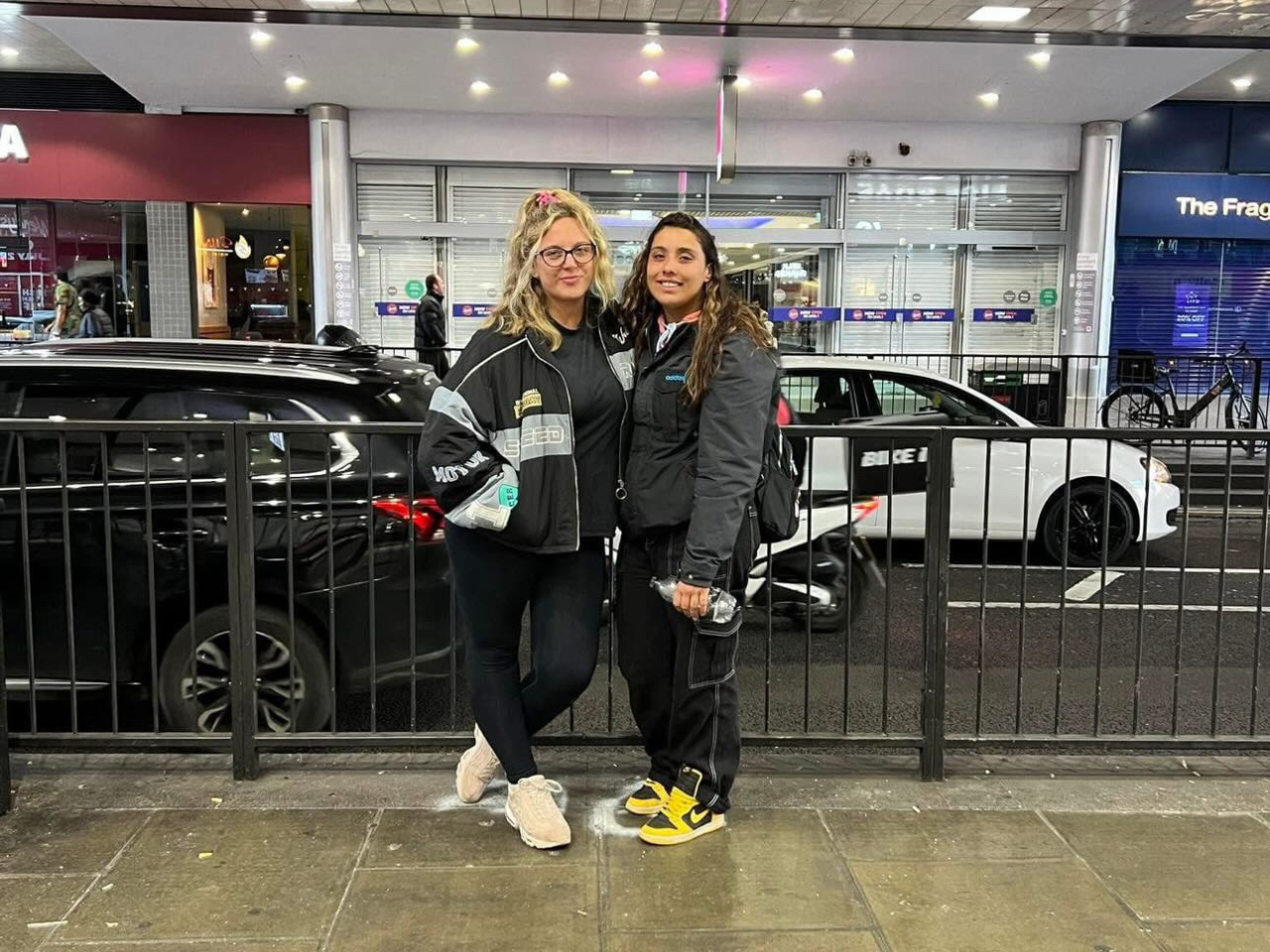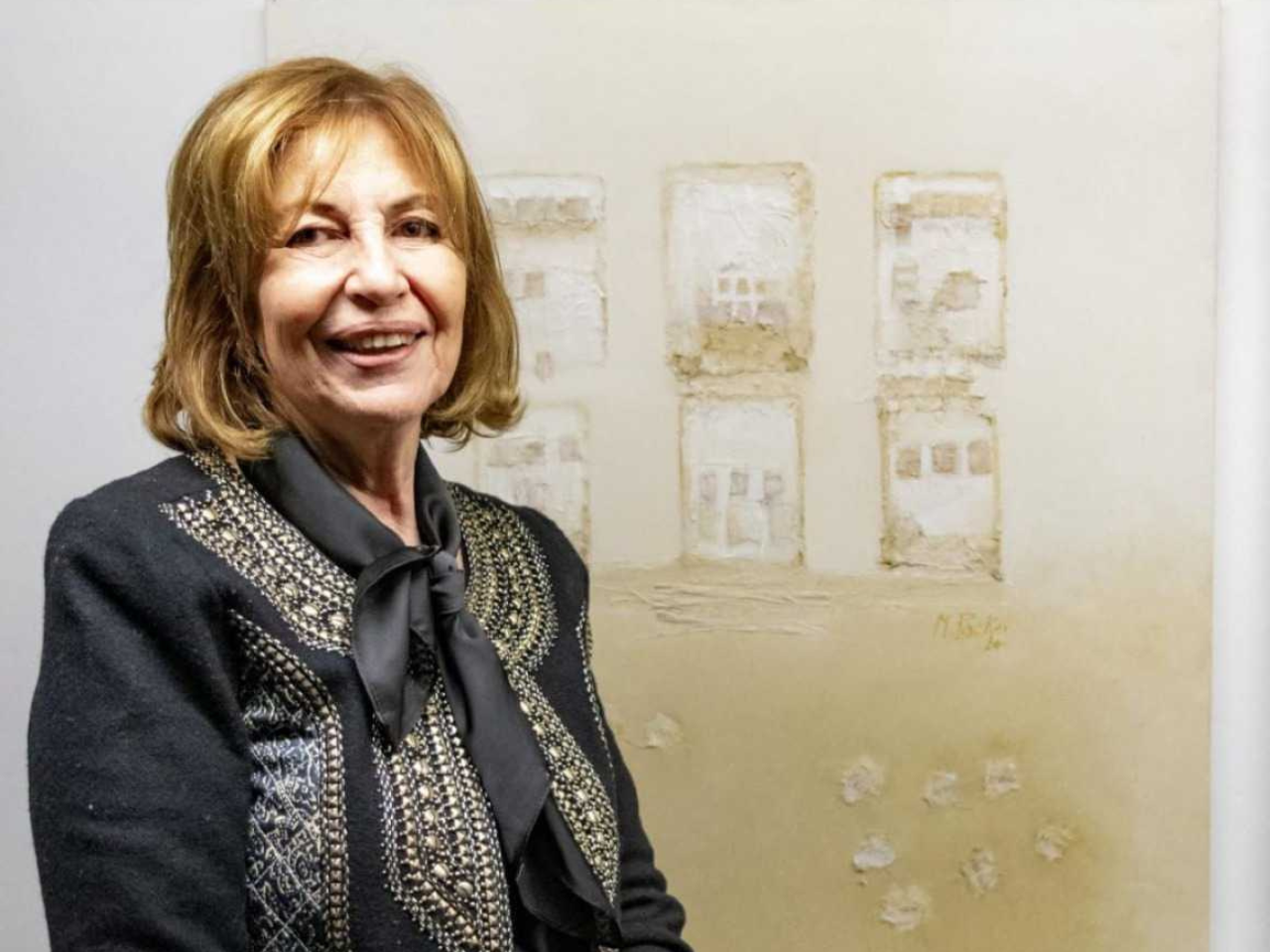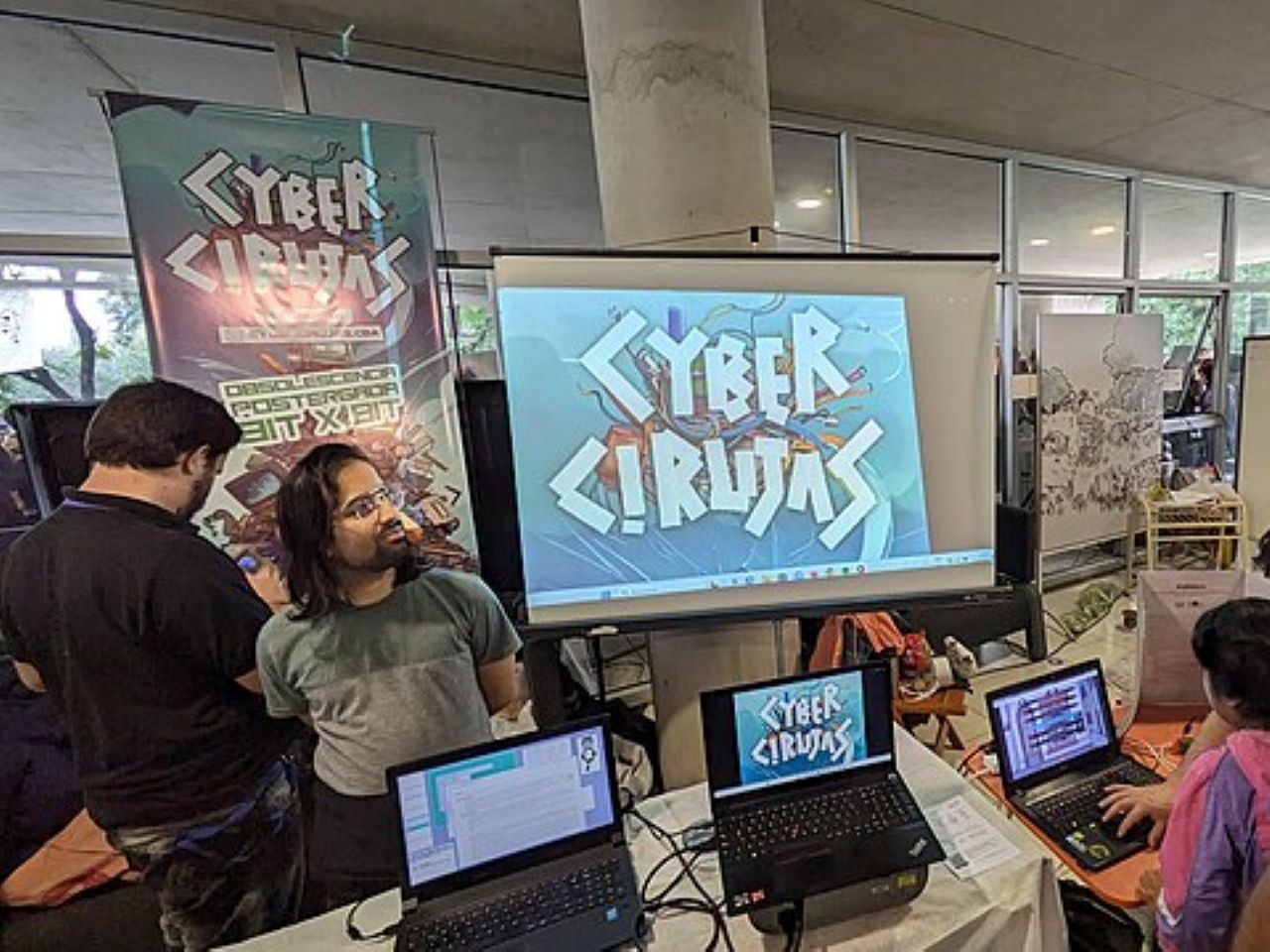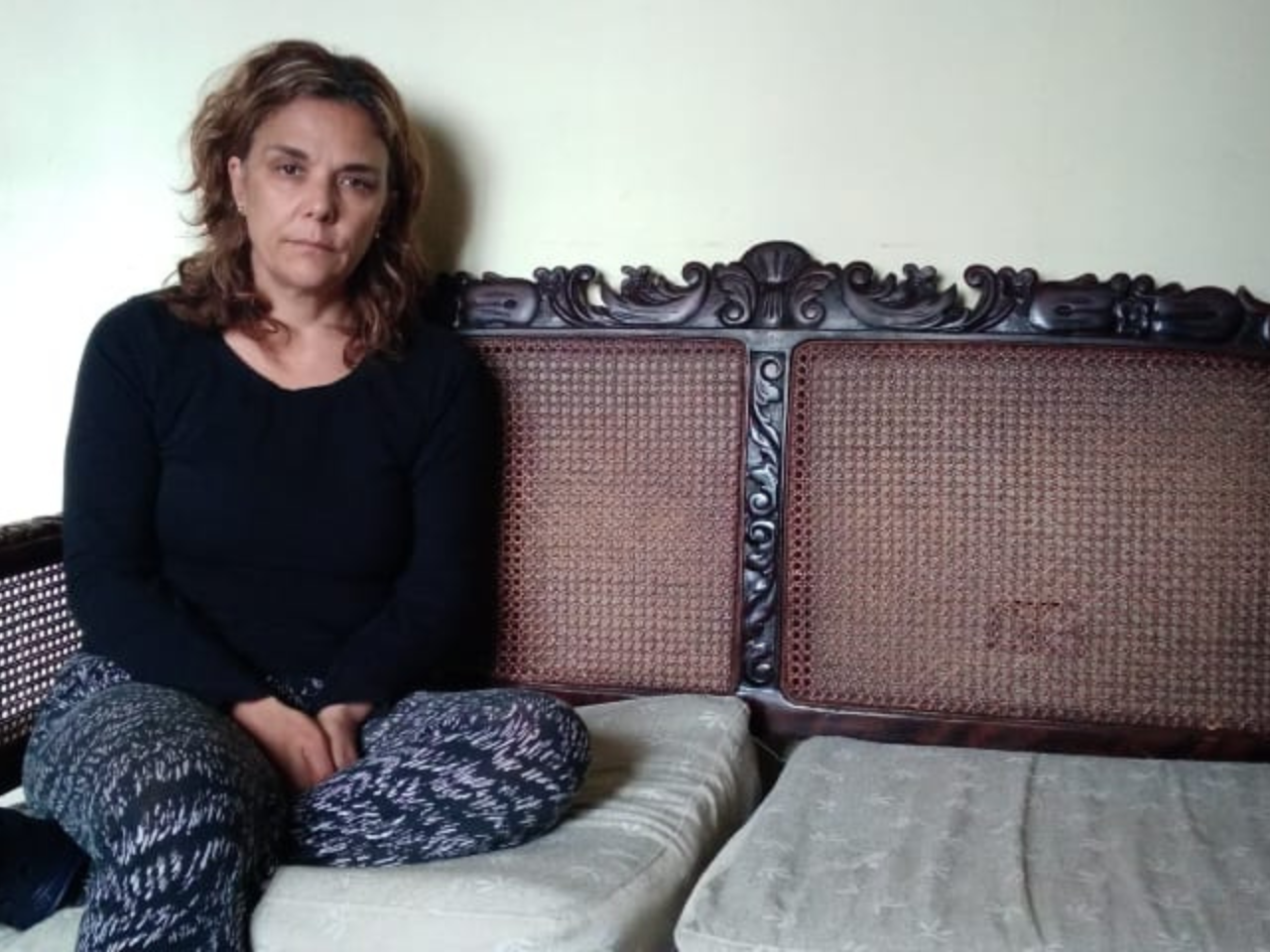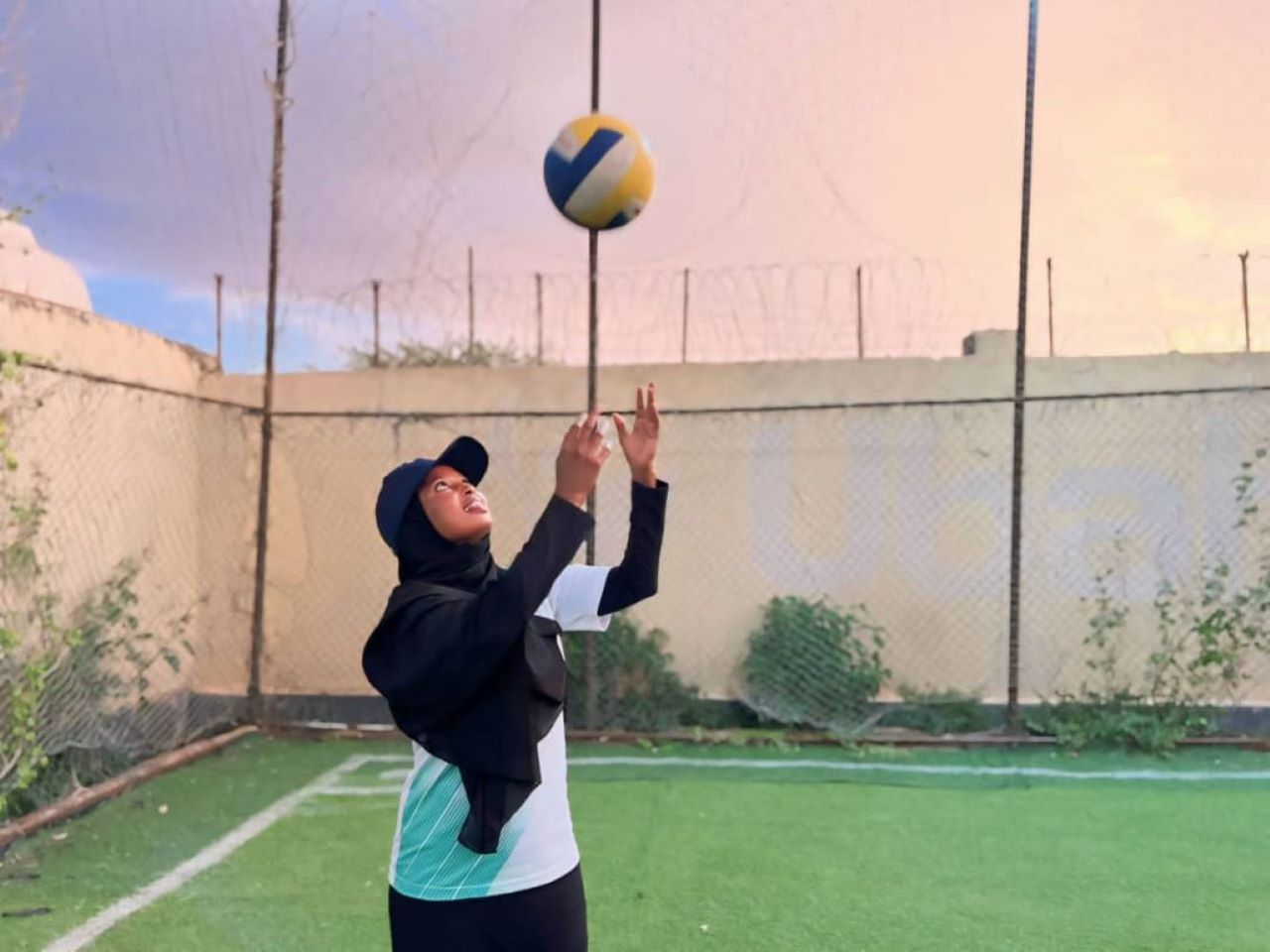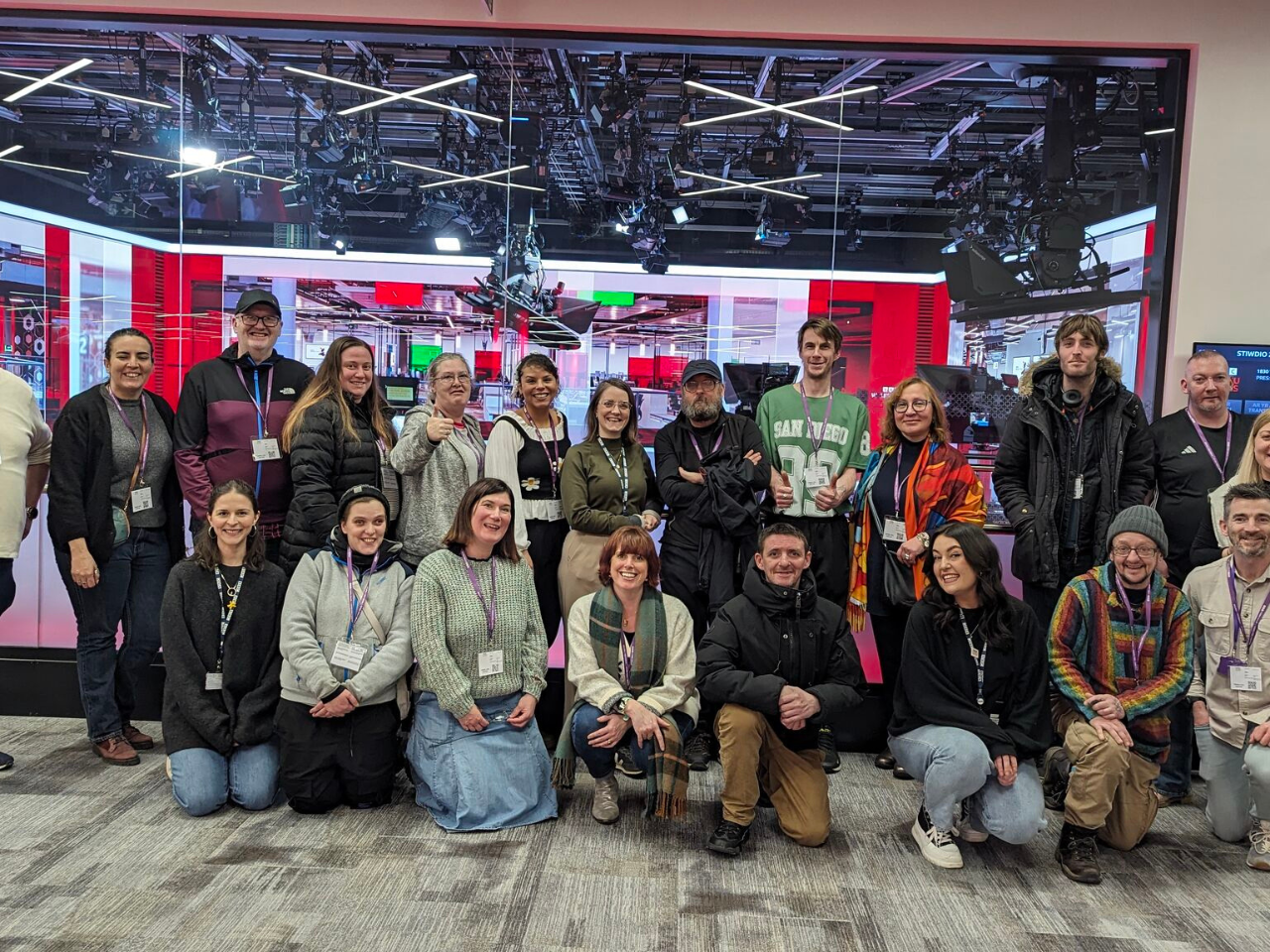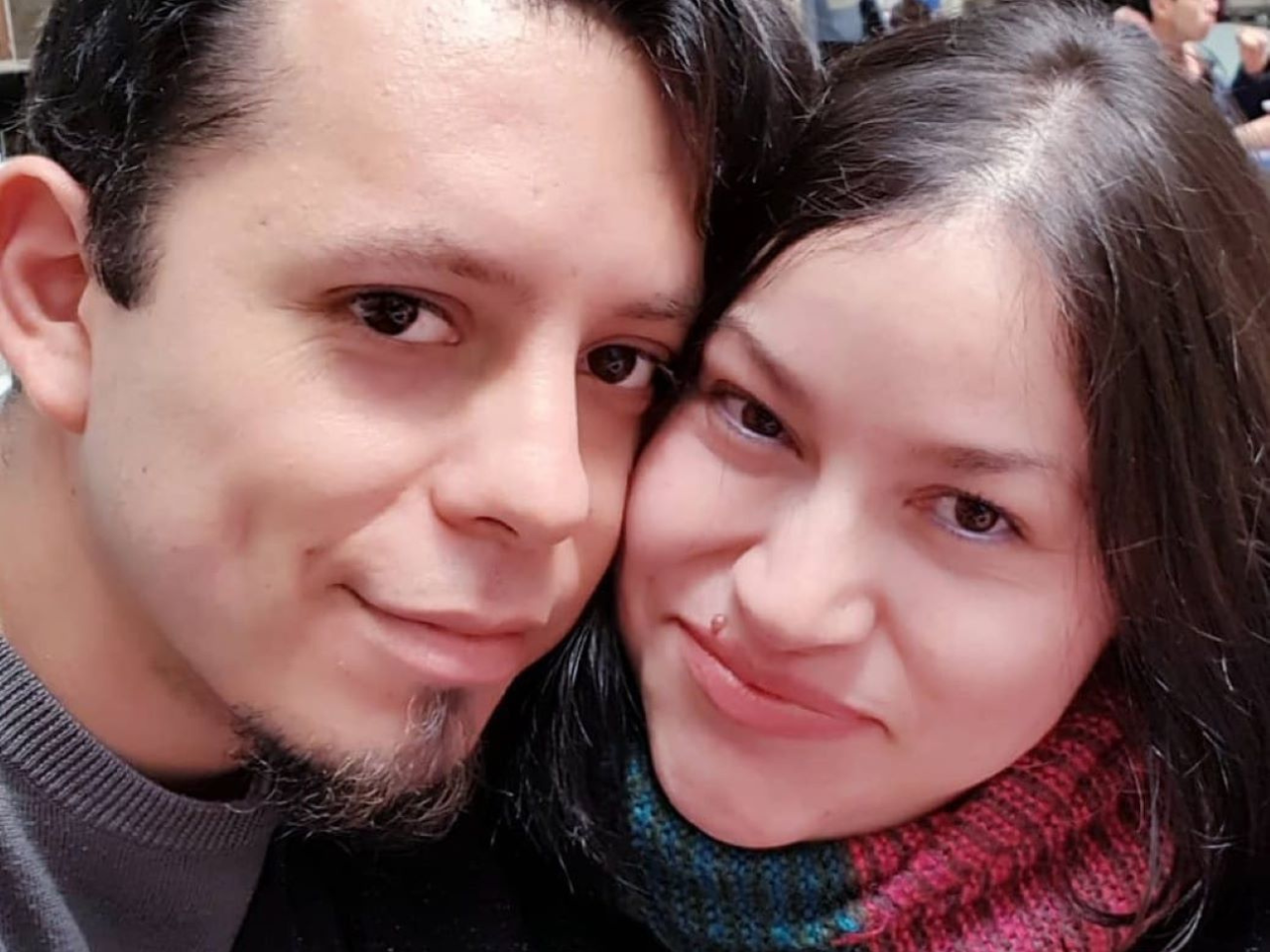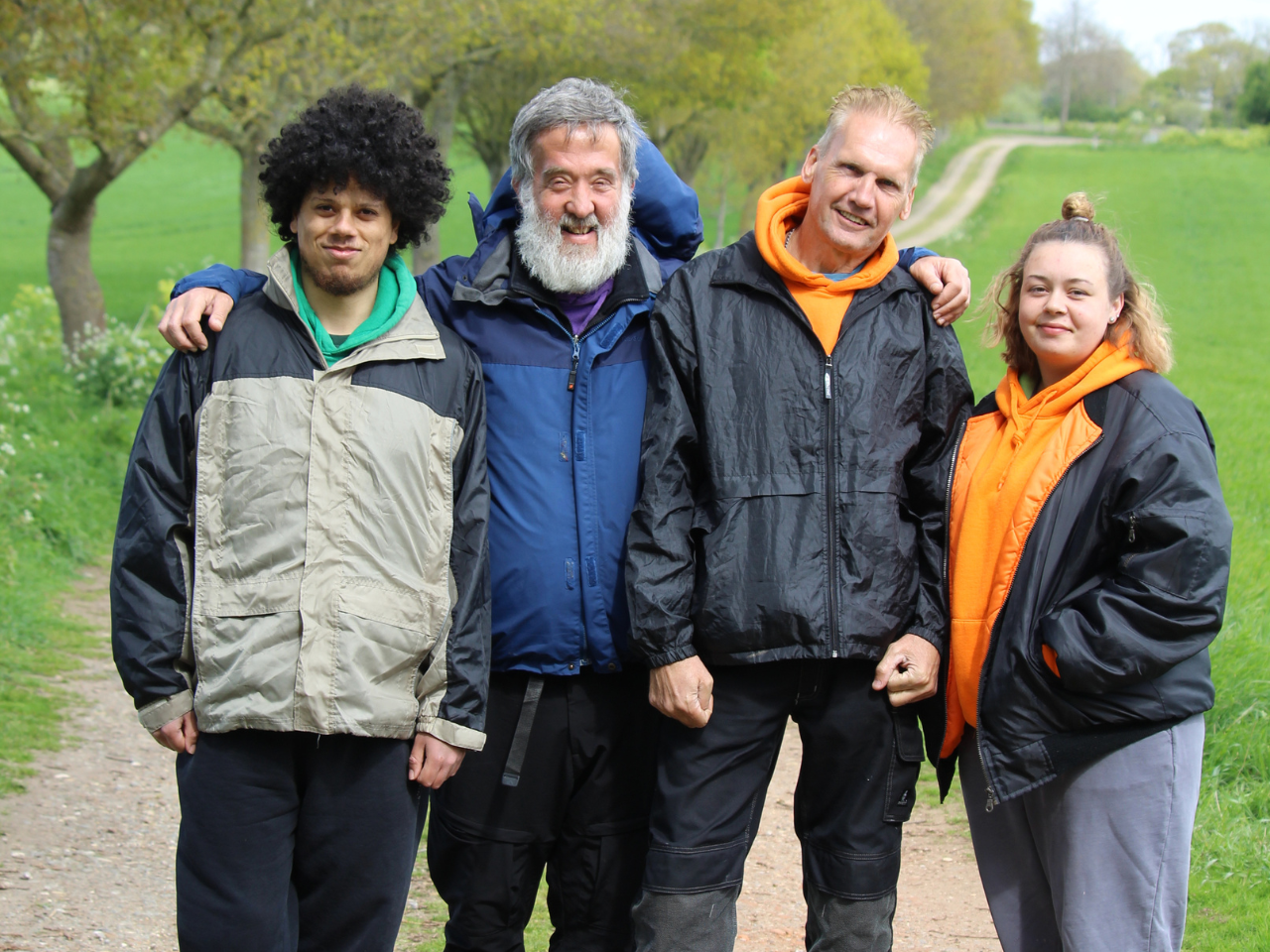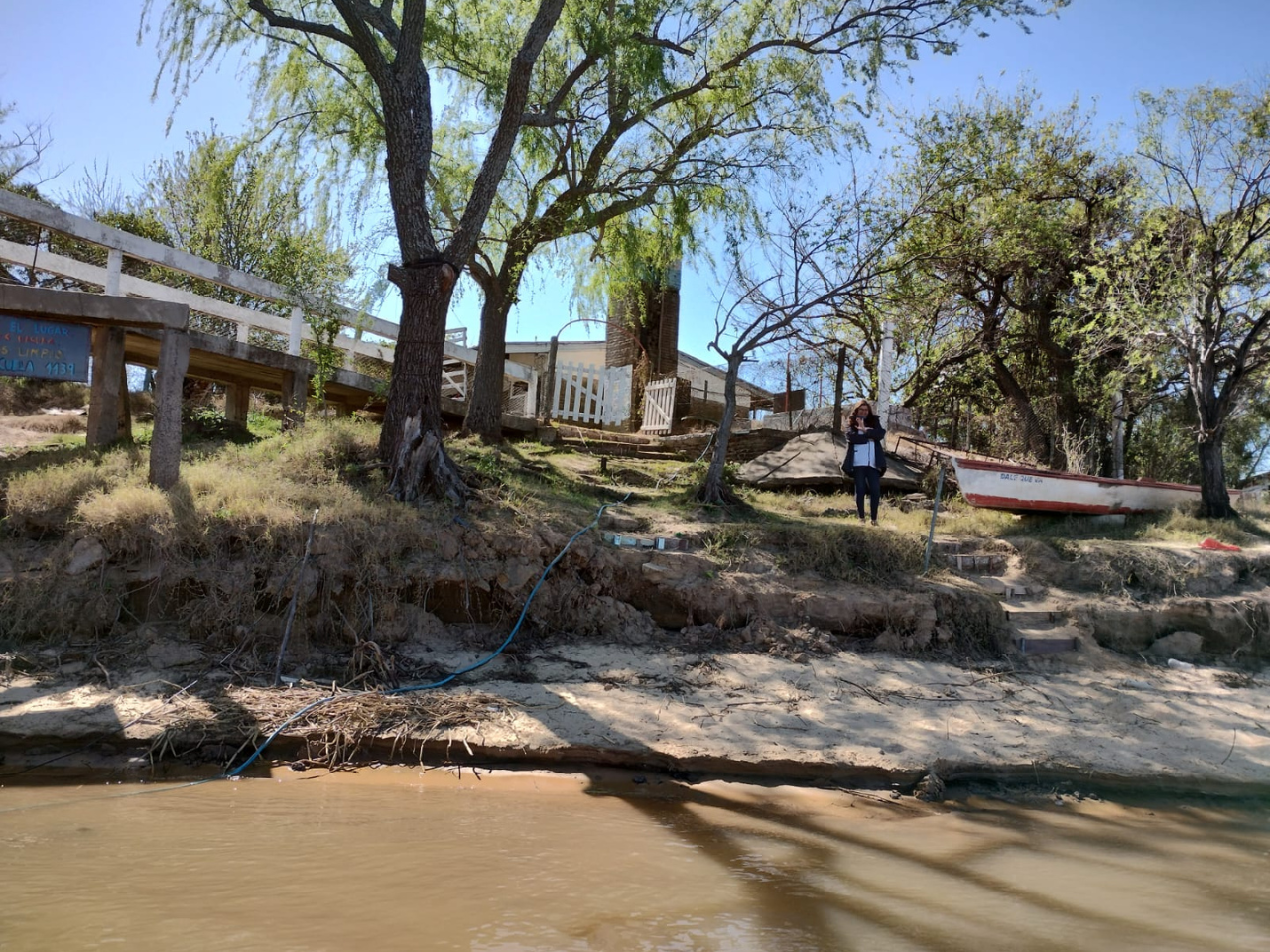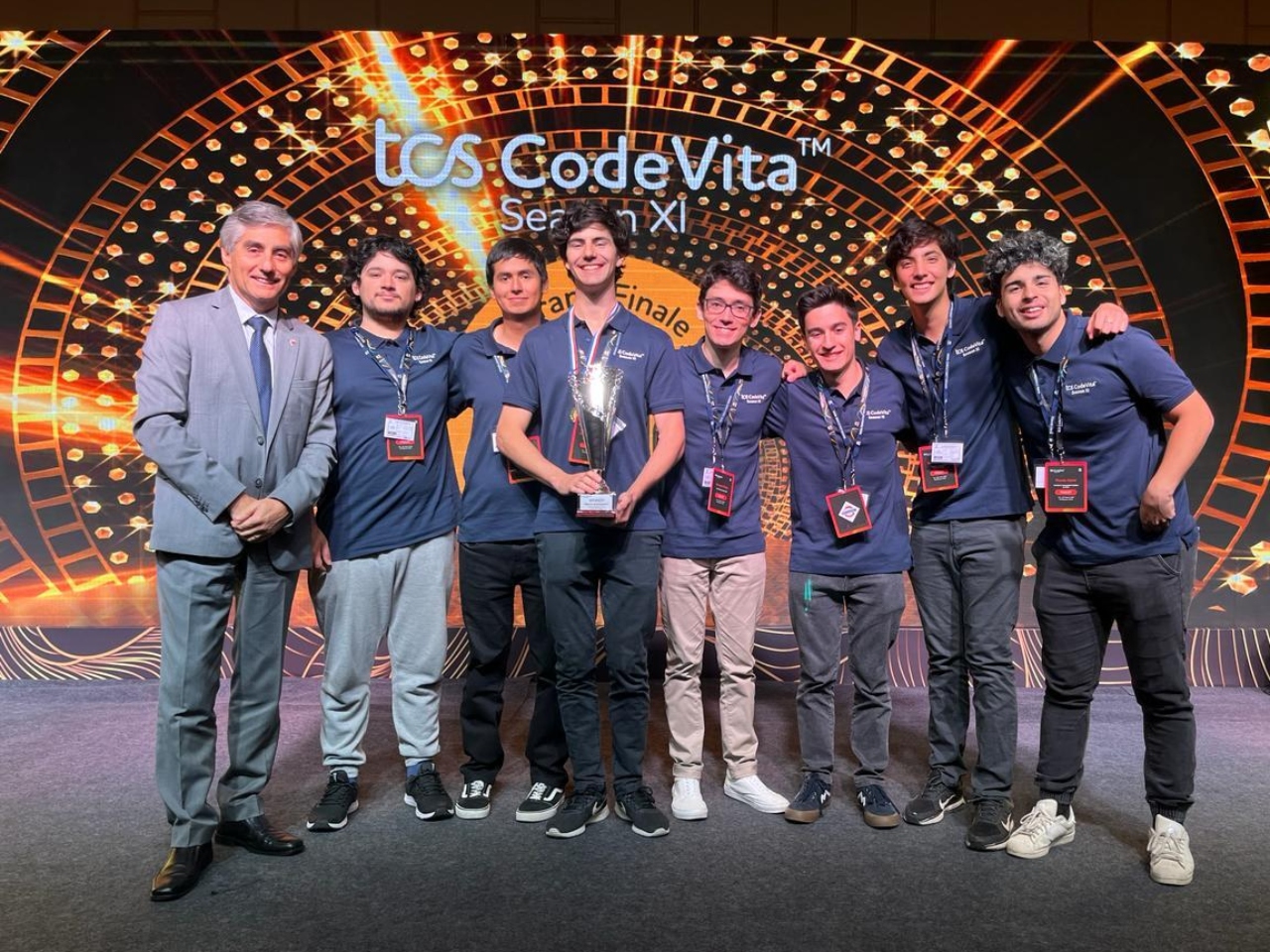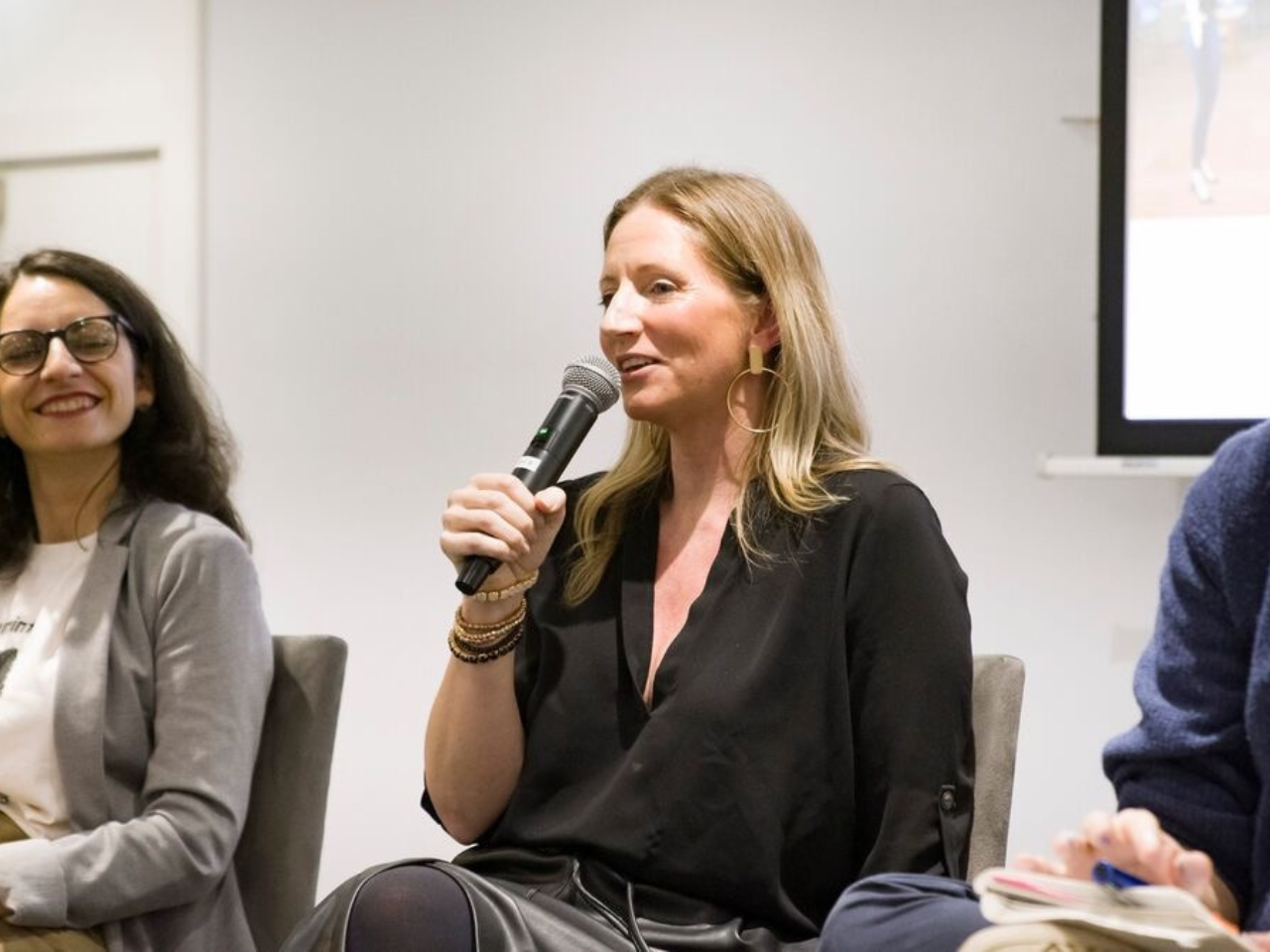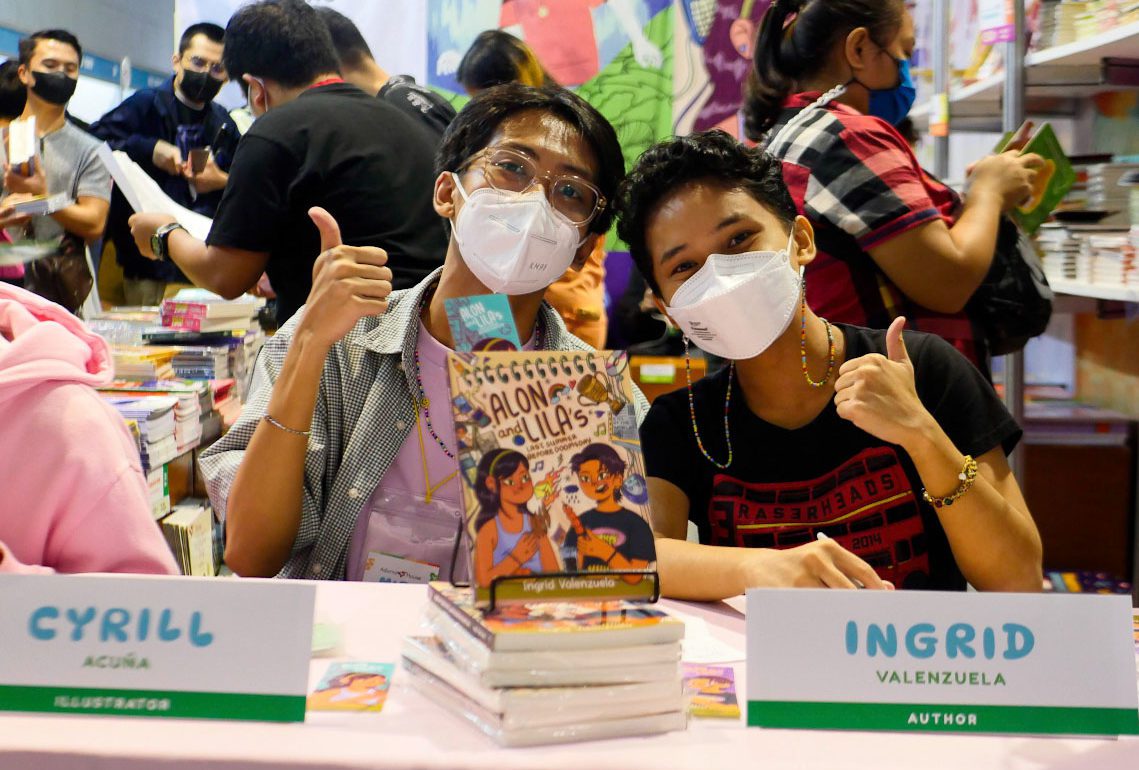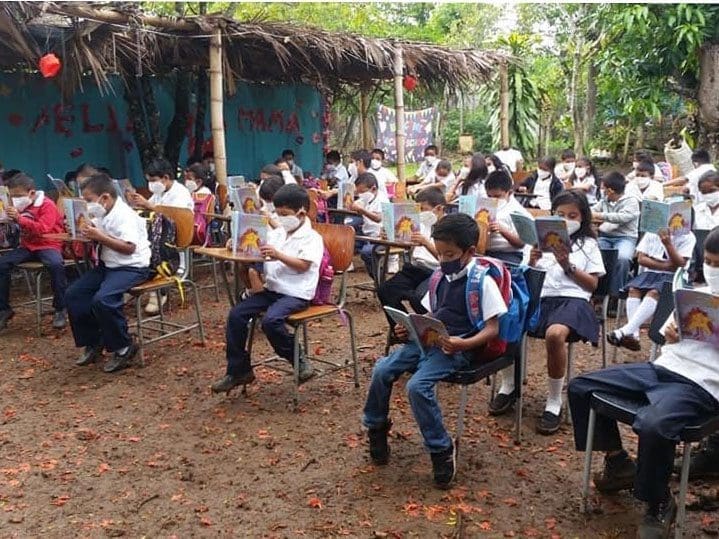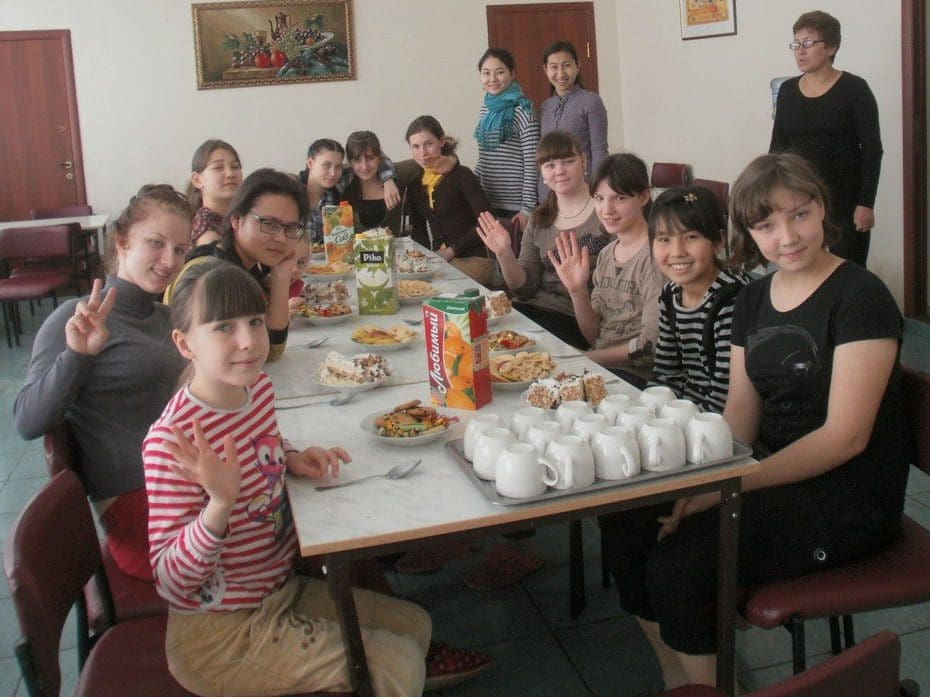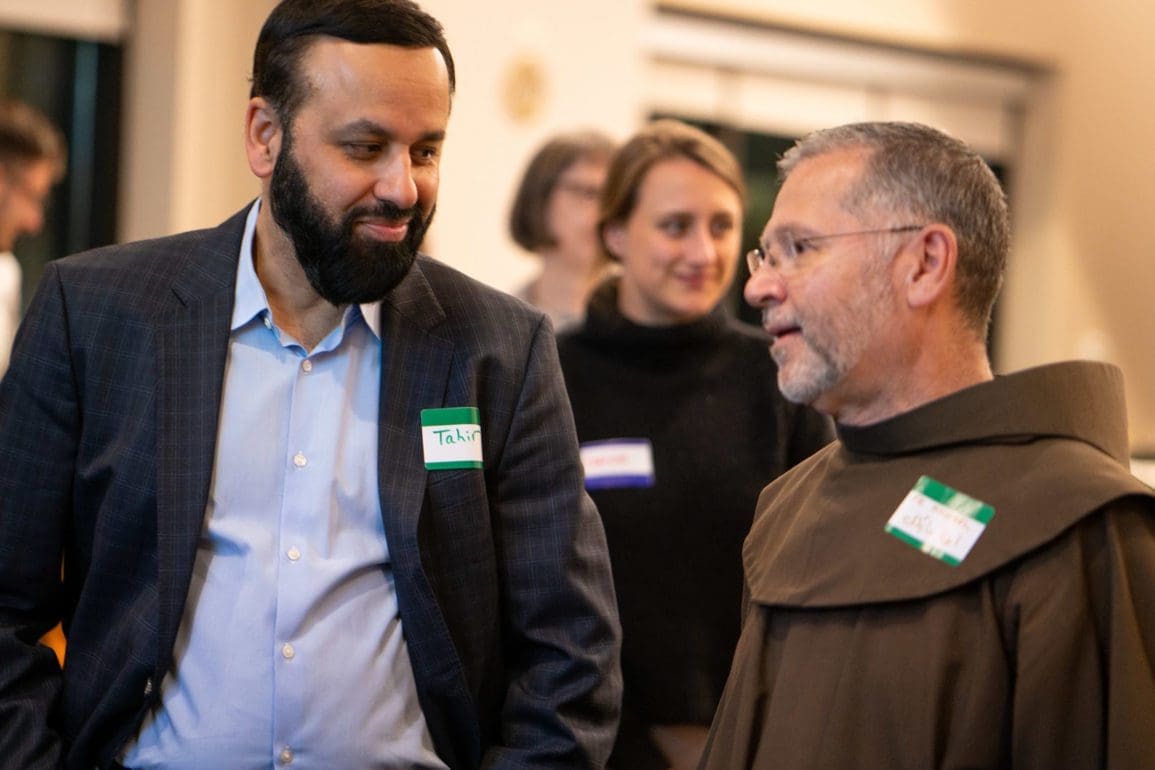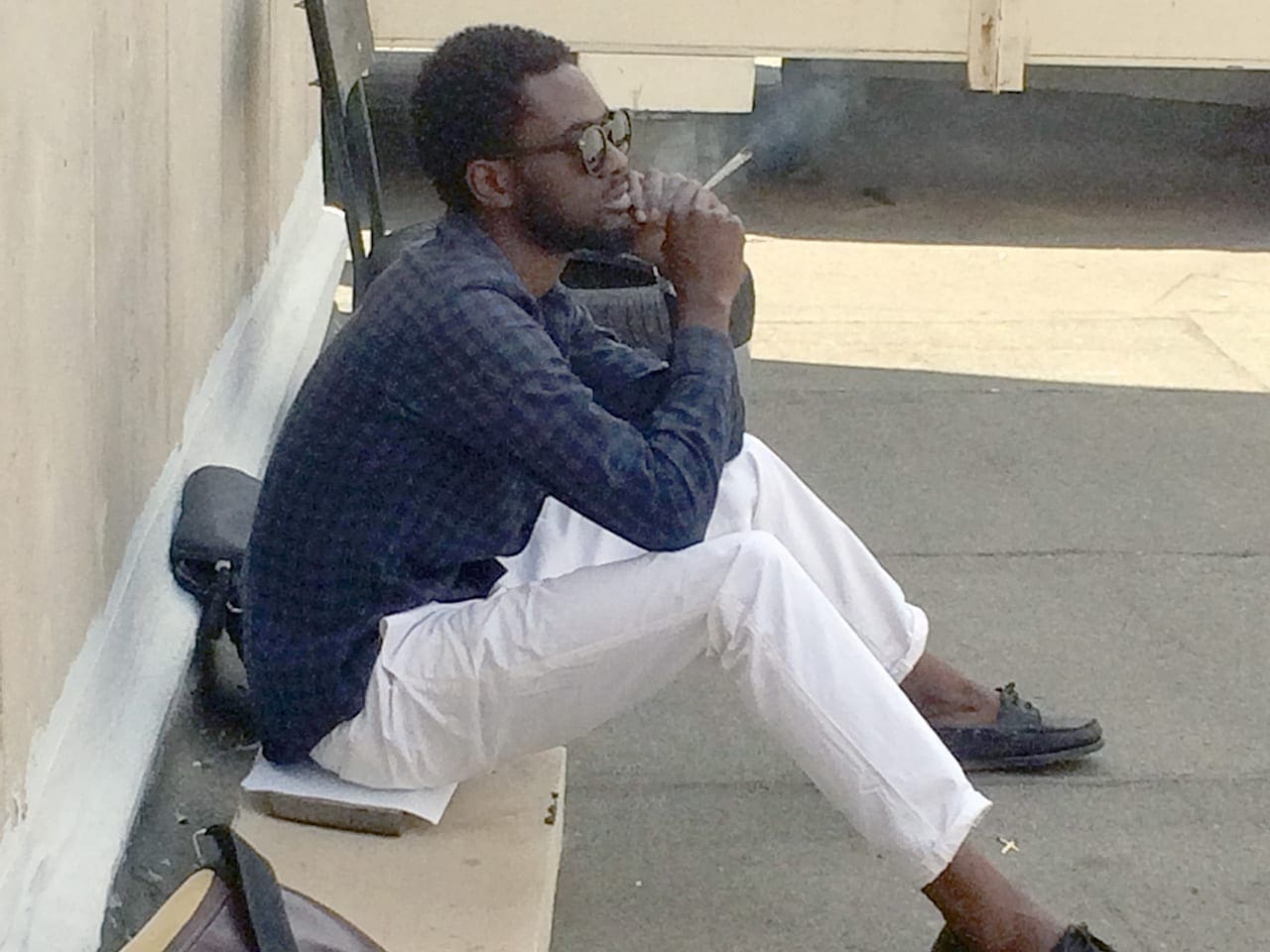Jewish university student in Spain flees harassment during Pro-Palestinian protests
One of my Jewish friends was walking back to her dorm when a group of protestors surrounded her. They began shouting antisemitic slurs at her and accusing her of being a baby killer. Terrified, she called me crying.
- 2 years ago
July 14, 2024
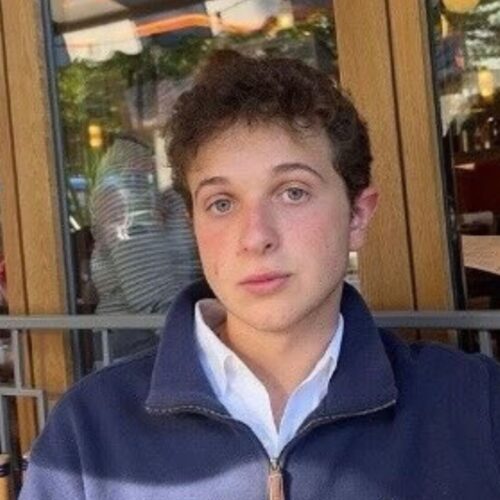
MADRID, Spain ꟷ Growing up in London, I never experienced challenges being a Jew. When I left for Spain to earn my bachelor’s degree from the IE Business School in Madrid, my college experience started out great. However, after October 7, 2023, [when Hamas attacked Israel] and the war began, it became too much for me to handle.
In Madrid, tensions rose immediately. People began demonstrating in groups and Jews received death threats or endured harassment. The very first day [after Israel went into Gaza], people began gathering with flags and wearing Keffiyehs [square scarves worn over the head and sometimes face]. I suddenly found myself surrounded by people who hated me in Madrid and quickly asked myself, “Why would I stay here?”
Read more stories from Orato World from Israel and Gaza.
Jewish students in Spain called terrorists and Zionists, told to go home
When the demonstrations first began, people and students on campus expressed their solidarity with Palestinians, which felt perfectly acceptable. Soon, however, the scene took on a hostile and dangerous tone, and many students like me felt unsafe. What started as a political demonstration developed into displays of antisemitic rhetoric and threatening behavior.
Chants like “from the river to the sea, Palestine will be free,” became frequent. [According to the American Jewish Committee, the phrase is a rally cry of terrorist groups and their sympathizers, from the Popular Front for the Liberation of Palestine (PFLP) to Hamas, calling for Israel’s destruction. It is a “catch-all phrase symbolizing Palestinian control over the entire territory of Israel’s borders, from the Jordan River to the Mediterranean Sea.”]
We heard shouts of “Jews are terrorists” and “Zionists go home.” There seemed to be no differentiation between criticism of Israeli policies and outright antisemitism. In Madrid, Jewish students like me became targets – vulnerable in a foreign land.
Walking to class while passing by the protest encampments became a regular occurrence. They used inflammatory slogans and graphic images making the space look more like a hostile occupation than a space for dialogue. The atmosphere at the university became so tense and disturbing that antisemitic tropes and conspiracies began circulating.
Protestors at university in Spain surround female Jewish student, shouting antisemitic slurs
One day as I passed wearing a kippah [a brimless cap worn by people of the Jewish faith], a protestor shouted directly at me, “You support genocide!” The aggression and hostility in his voice frightened me. He didn’t engage me in a political debate. He personally attacked me solely based on my identity and faith.
I remember thinking, “I mean, who supports genocide? Terrorists do; not a normal human being with a right mind.” Another day, one of my Jewish friends was walking back to her dorm when a group of protestors surrounded her. They began shouting antisemitic slurs at her and accusing her of being a baby killer. Terrified, she called me crying. Every day on campus began to feel dangerous.
Professors also began showing discriminatory behavior. As I attended one particular class, my professor refused to answer my questions or queries. One day I went to him and asked why he was ignoring me. He said, “Don’t preach Zionism to me.” I couldn’t understand where it was coming from, and I felt scared and upset – not just for my academics but also being a new immigrant to Spain.
Along with many of my friends, our lives changed because of the conflict between the two countries. The scenes of protest on campus isolated us. I stopped wearing my Star of David necklace just to be safe. Students who appeared Jewish became targets of hate more often than those who did not appear Jewish.
London-born Jewish student in Spain feels safest in Israel, despite war
While the atmosphere at the university became more unbearable and disturbing, the administration did little to eradicate the issue. They issued statements condemning hate speech and supporting peaceful protest, but the responses felt insufficient. The administration failed to address the anti-sematic nature of some of these protests.
Unprotected and marginalized, Jewish students felt the administration failed us. We organized meetings to share our experiences, educate others about antisemitism, and develop strategies to stay safe. Our group repeatedly reached out to the administration asking for measures to mitigate the situation on campus, but nothing worked. We remained targets of the protestors.
The climate on campus changed my entire experience as a Jewish student. I constantly felt on edge, alert to the possibility of encountering hostility. Despite this, I remained hopeful. The Jewish student community stood in solidarity. However, my fear of being targeted escalated and I decided to go to Israel rather than returning to London.
I packed my bags and went to stay with family, eventually enrolling in coursework at Reichman University in Tel Aviv. It seemed crazy to me that I felt safer in Israel during a war than in Europe or America. Despite growing up in London, I feel at home with my people in Israel. The community has come together, and we feel a closeness and unity. My passion for attending college returned. Meanwhile, people around the world seem to be fighting each other. All students, including Jewish students, deserve to pursue their education and celebrate graduation free from disruption and hate.

